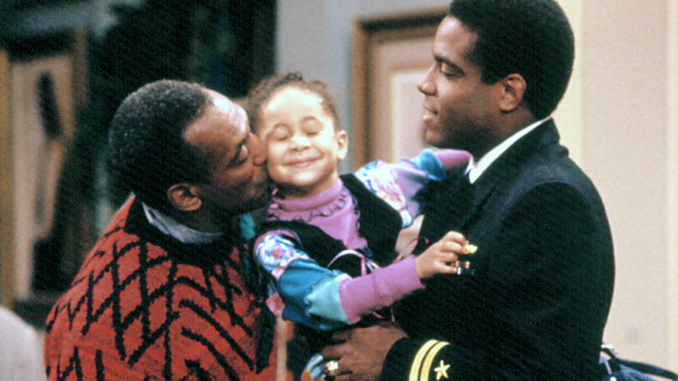
The Cosby Show was not just another sitcom; it was a cultural milestone that changed the television landscape forever. As the first sitcom to feature an African American family in the lead roles, it quickly became a hit and is still revered today as one of the greatest television shows of all time. But what was it about The Cosby Show that made it so groundbreaking? How did it manage to stay relevant for so many years, and why do fans still adore it today?
This article takes a behind-the-scenes look at what made The Cosby Show a revolutionary sitcom. From Bill Cosby’s vision to the ensemble cast and the themes explored in the show, we’ll delve into what made this show so special and why its legacy endures.
Bill Cosby’s Vision:
When Bill Cosby set out to create The Cosby Show, he had a clear vision in mind: to create a sitcom that portrayed an African American family in a positive light. Cosby, who had already achieved fame as a comedian and actor, wanted to show a more sophisticated and accurate portrayal of Black life than what was being depicted on TV at the time. He sought to present a family that was not defined by stereotypes or struggles, but instead by love, intelligence, and humor.
Cosby’s approach was revolutionary in many ways. Instead of focusing on the challenges of being African American in America, he wanted to show that African American families could live middle-class lives, thrive professionally, and tackle everyday issues that any family might face. This was a departure from the common portrayals of African American families on television at the time, which often focused on poverty, crime, or dysfunction.
The Show’s Ensemble Cast:
The strength of The Cosby Show was its ensemble cast. Bill Cosby’s portrayal of Dr. Cliff Huxtable, the charming and goofy father, was the heart of the show. He was a successful doctor, a loving husband to Clair (Phylicia Rashad), and a devoted father to his five children. His performance was masterful, balancing humor with warmth and wisdom.
Clair Huxtable, portrayed by Phylicia Rashad, was another breakthrough character. As a lawyer who balanced her career with raising five children, Clair was the epitome of strength, intelligence, and grace. She was a rare example of a Black woman in a leading role on television, and her character became a role model for many viewers.
The five Huxtable children – Sondra, Denise, Theo, Vanessa, and Rudy – each brought something unique to the show. Theo, the lovable son, was a typical teenager who struggled with school but always had his father’s support. Denise, the free-spirited daughter, often found herself in situations that tested her independence. Rudy, the youngest, was the comic relief who brought joy and innocence to the show.
Together, the ensemble cast brought to life a family that felt real, dynamic, and deeply relatable. Each character had their own storylines, which made the show feel grounded and multifaceted.
The Show’s Themes and Storylines:
What truly set The Cosby Show apart from other sitcoms was its ability to tackle serious issues with humor and grace. The show wasn’t afraid to explore themes such as education, career goals, family relationships, and the challenges of growing up. Yet, it did so in a way that felt lighthearted and entertaining, never becoming overly preachy or heavy-handed.
For example, Theo’s struggle with learning disabilities was a central storyline in the show. Instead of relying on conventional portrayals of a “problem child,” the show used humor to highlight the importance of perseverance, support, and hard work. The storyline emphasized the idea that challenges are a natural part of life and that with determination, they can be overcome.
The show also explored issues like dating, peer pressure, and the importance of family bonding. The Huxtable family was always there for each other, providing support and guidance in times of need. Whether it was Cliff offering sage advice to his children or Clair standing by her husband through difficult moments, the show showcased a family that valued communication, love, and respect.
The Cultural Impact:
The Cosby Show had a profound cultural impact. It provided a platform for African Americans to be seen in a different light – as professionals, parents, and community leaders – rather than as stereotypes or caricatures. The show helped to change the narrative around African American families and demonstrated that Black culture was multifaceted and valuable.
The Huxtable family became a symbol of upward mobility and success. Their positive portrayal in the media had a ripple effect, inspiring Black viewers to pursue their own dreams and aspirations. The show also played a role in changing the perception of African Americans in Hollywood, opening doors for more Black actors, writers, and producers to create content that reflected their own experiences.
Conclusion:
The Cosby Show was groundbreaking because it pushed the boundaries of what television could represent. By portraying an African American family in a positive, relatable light, it became a model for how TV shows could balance entertainment with meaningful commentary on family, education, and race. Even today, The Cosby Show stands as one of the most influential and beloved sitcoms of all time, and its legacy continues to inspire both audiences and creators alike.
